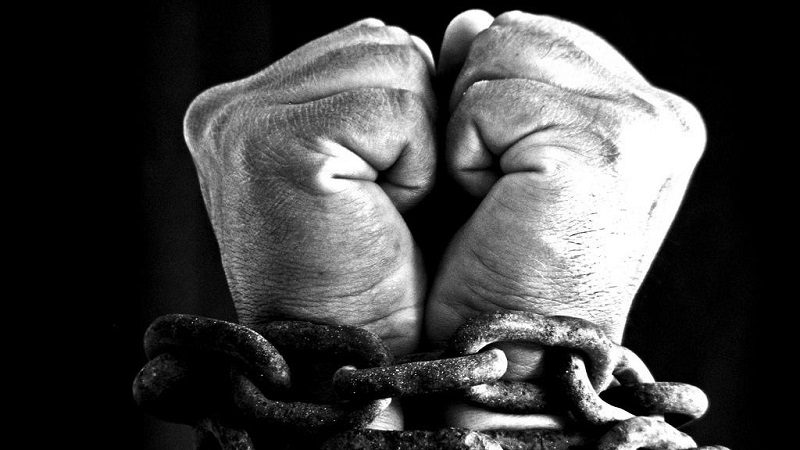As pro-Labour Facebook groups peddling hate and inciting violence continue to thrive, it becomes clear that they are a method of communication that Labour politicians in government do not want to lose. It is a sign of how critical these groups are to their power network.
While President Marie-Louise Coleiro Preca left the groups two days after The Shift News exposed them, other leading government officials including Prime Minister Joseph Muscat remain members despite the fact that these groups have been shown to regularly incite supporters and oppress adversaries.
Clearly the potential effect on their reputation is either not feared or a price they are willing to pay. After all these groups are a method of bypassing checks and balances in public discourse.
It is clear that in addition to the massive impartiality deficit in State-owned media, which was shown to under-report important news stories that show the government in a bad light, the government / Labour Party (the distinction no longer exists) also thrives on having a direct route of communication to its voters. The only difference is that on social media even a pretence of impartiality is gone.
In creating a sphere of direct communication, which is more often than not incitement, these Labour groups are effectively cutting out the role of journalists as mediators.
It is the role of a journalist to serve as a bridge between the government and the public, in which their actions and deeds are analysed and broken down. But with these groups the government can bypass every principle of verification and scrutiny.
Everything said in the echo chambers created within these Facebook groups is unquestioned. The distinction between fact and opinion is lost; spin and lies replace facts. Reality is distorted.
Scrutiny becomes uni-directional, used more to attack than to promote democratic values and a functioning public sphere. The groups will scrutinise statements and individuals that do not align with the Labour narrative, but there will never be space for scrutiny of governmental actions.
What is more worrying is that these groups, creating identical opinions and no space for scrutiny, are ideal to mobilise supporters.
It is clear that the opinions are validated by the presence of governmental officials who see no issue in threatening those outside the group, as was seen in the online hate spread against Tina Urso.
They can lead to far-reaching consequences, as 21-year-old Kylie Cutajar, 28-year-old Josef D’Amato and 28-year-old Ritmark Borg found out. It results in the selective application of punishment, which is something that occurs in authoritarian States not democracies.
The danger to society is reflected in the reaction to the assassination of journalist Daphne Caruana Galizia in these groups. While Muscat was telling the public, and the world, the government would “leave no stone unturned,” the reality was that his supporters were celebrating her death.
This is a direct consequence of the message that the Labour Party pushed in these groups for a number of years.
It was a victory of the Labour Party over an adversary. There was no consideration of the person as a wife, a mother and a daughter – a complete lack of humanity.
The sentiment was allowed to fester – attacks against her grew to include the family suffering the loss of a loved one.
It will continue to grow and spread to other journalists and citizens thanks to the kind of speech Labour MP Rosianne Cutajar made in Parliament on the day marking seven months since the assassination of Caruana Galizia where she defended the groups and insisted on enforcing the hate speech against a dead journalist who cannot defend her writing.
This affects other journalists and citizens voicing legitimate criticism of a government drowning in corruption allegations. Cutajar extended that hate to others voicing legitimate criticism of the government, as though she was laying out the next victims. The Shift News was the main target of her new provocation.
In creating a communication forum separate from the independent media, there is a loss of possibility for scrutiny. This is sustained by the almost complete dominance of the government in the public sphere. Most of what you hear and read is coming from the government, unfiltered.
The public loses the need to check updates in the news as they believe the direct posts of politicians and fellow Labour supporters to be equally valid.
The very legitimacy of journalism as a central democratic institution lies in its potential to scrutinise the promises and action of those in power. Yet by privatising that discourse and communication, the possibility for scrutiny suddenly becomes hidden (and nullified) in private groups.
The aim is to kill the possibility that journalists can perform their role as a watchdog of society. Scrutiny and a discourse of verification and analysis is being replaced by monologues. The result? A government drowning in corruption allegations for two years emerges stronger than ever.












